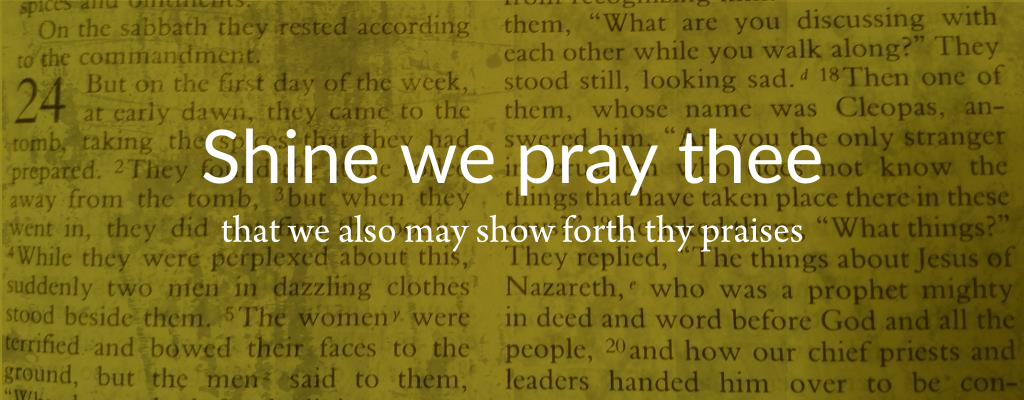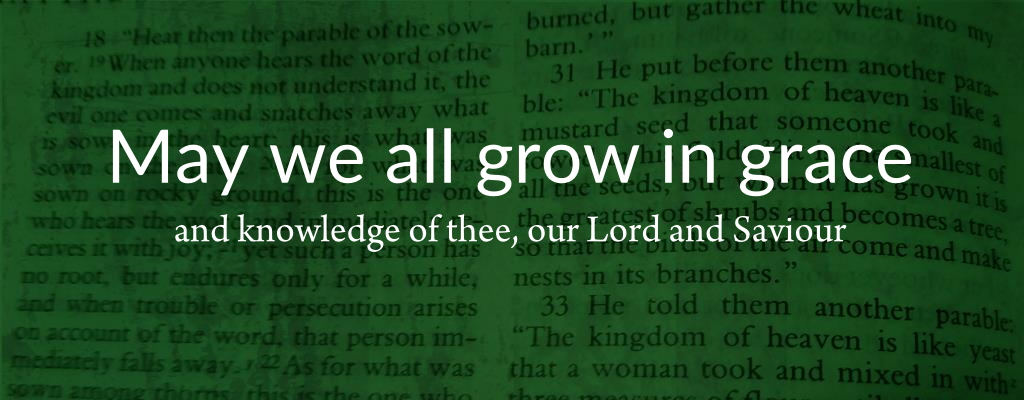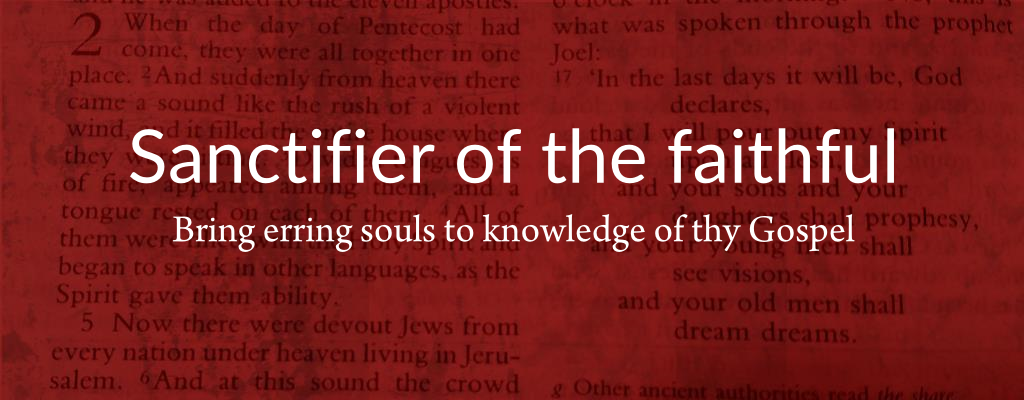News and Articles from the Prayer Book Society
-
As discussed last month, the secret of Anglicanism is that it actually means something. The Book of Common Prayer contains within it, beyond the theology expressed in the liturgies itself, numerous other formal and foundational documents of the Church that elaborate a clear vision of what it means to be Anglican. What is interesting is trying to delve deeper into what Anglicanism is rooted in.
Former Archbishop of Canterbury Rowan Williams once suggested that Anglicanism finds its rootedness in both the Eastern and Western Catholic traditions as well as the classical Protestantism of the Reformation era. This is in many ways synonymous with the description of Anglicanism as reformed Catholicism.
Anglicanism shares with Eastern Orthodoxy the unity between theology and spirituality. The Book of Common Prayer is both an expression of belief (theology) and action (praxis). In Anglican terms, lex orandi, lex credendi. The law of prayer is the law of belief. The formulation of liturgies in the BCP allow Anglicans to put into practice, week by week, our understanding of who God is and thus how we ought to respond to him. There is an inseparability in the Anglican tradition between how and what we pray and who we believe God to be, and indeed who he is forming us to be by his grace.
Looking at classical Protestantism, Anglicanism shares an emphasis on our fallibility and self-deception. Nowhere in Anglicanism is this clearer than in the traditional forms of confession in the Book of Common Prayer. From confessions of Morning (4f) and Evening (18ff) Prayer, the General Confession of the Holy Eucharist (77) and Exhortations (88-92).
Finally, there is a strong emphasis on sacramental grace and grace-filled living that mirrors views of Western Catholicism in the Roman Catholic Church. This is found chiefly in the emphasis on the Holy Eucharist, grace found in confession (76), and how our spirituality reflects the reverence for grace received in the centrality of the Holy Scriptures (70f).
These values can be seen throughout the Formularies, be it the Book of Common Prayer or the Thirty-Nine Articles of Religion (698-714), and show a distinct rootedness that many Anglicans unfamiliar with the Book of Common Prayer no longer understand. This is one of the key reasons the Book of Common Prayer itself remains the chief expression of the Anglican Tradition: it is a tradition rooted not in the expression of contemporary societal values, but in this reformed Catholic tradition.





Leave a Comment